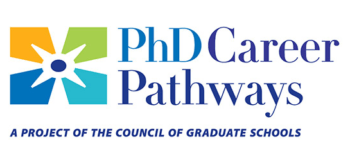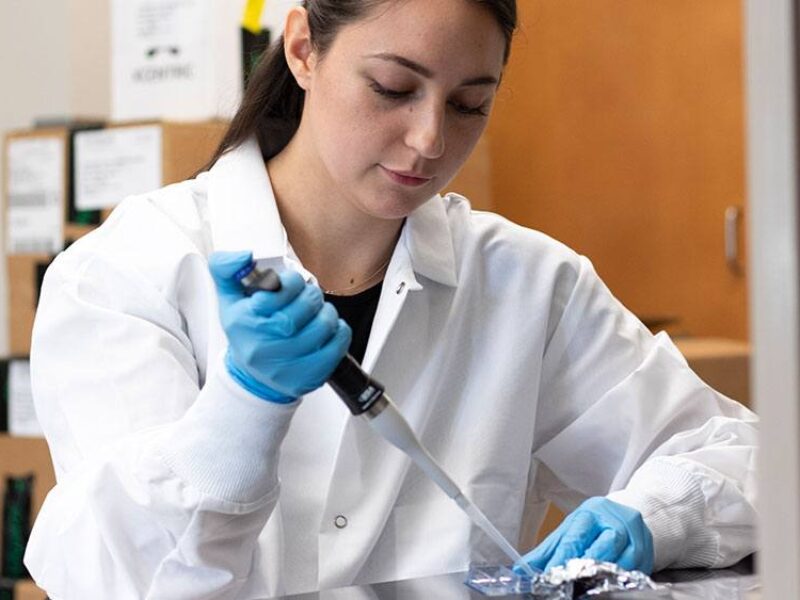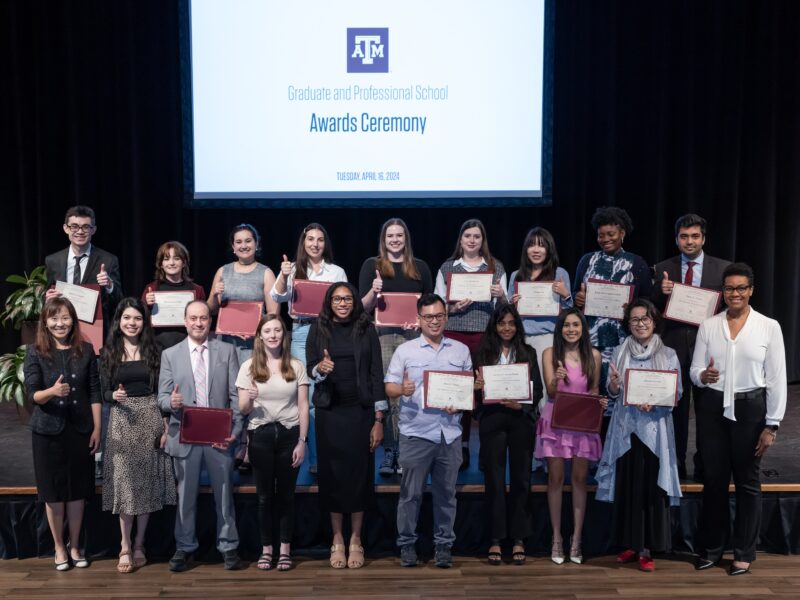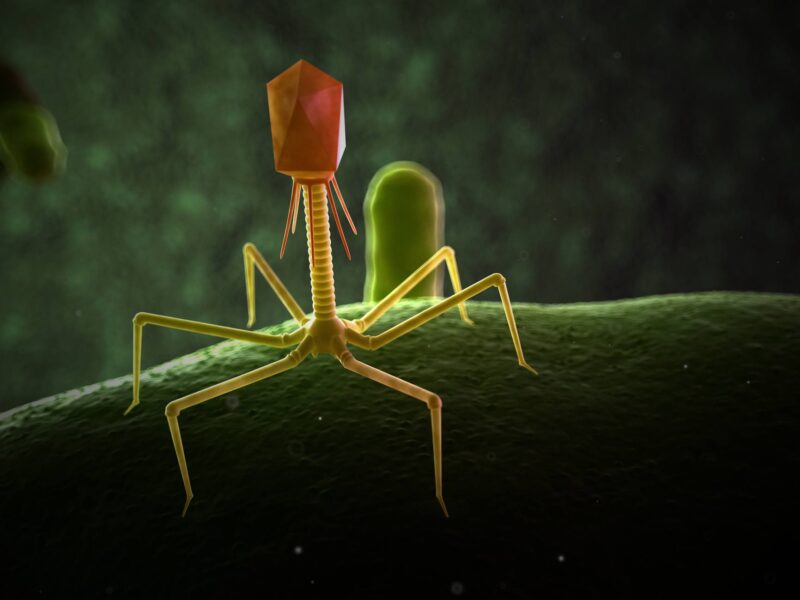Supporting Diverse Career Pathways For Humanities PhDs
Texas A&M University has been selected by the Council of Graduate Schools (CGS) to join The Humanities Coalition, an innovative catalyst in preparing humanities doctoral students for diverse careers. The 17-member coalition will develop and assess initiatives for better supporting humanities Ph.D. students transitioning from graduate programs into non-academic jobs. 
Grantees will be working in one of two areas: grant-writing and resource development or building professional networks. Texas A&M will focus on building professional networks by connecting faculty and administrators from across campus to initiate career conversations and explore opportunities for Ph.D. students in the humanities through workshops, professionals-in-residence programs, and internships. Texas A&M is particularly committed to helping students identify and establish careers where they can put their extensive research-based skills to work serve the public interest.
“There is no doubt that students who earn humanities PhDs have developed research skills that can be assets in all kinds of fields, from business to the non-profit sector to government and public service positions,” said Adam Seipp, Associate Dean of the Texas A&M Graduate and Professional School, Professor of History, and co-director of the project with Karen Butler-Purry, Dean of the Graduate and Professional School. “It is exciting for the Texas A&M to join this coalition to help build a community to support and cultivate the professional development of our humanities doctoral students for this rich market of opportunity.”
Being a part of The Humanities Coalition also benefits Texas A&M in a variety of ways, Seipp explains. “Humanities programs are a core component of world-class research universities like Texas A&M,” he said. “In addition, generating pathways for our humanities Ph.D. graduates to careers in government and public service helps Texas A&M fulfill its leadership and service missions.”
The Humanities Coalition is an expansion of prior work CGS has done to develop and support a network of 75 U.S. doctoral institutions as they collect data from STEM and humanities Ph.D. students and alumni about their professional aspirations, career pathways, and career preparation. In general, data from the project yield a positive picture of humanities doctoral education, with most alumni reporting that they are engaged in meaningful work and believe their doctoral programs prepared them for their job responsibilities. However, data also indicate that humanities PhDs employed in business, non-profit, or government positions, particularly those in the early stages of their careers, feel less prepared than their peers working in academia.
“Building on the extraordinary work of the Ph.D. Career Pathways project, The Humanities Coalition will develop, expand, and scale up a suite of programs and practices in key areas of need. We’ve been conducting research in career diversity for nearly a decade, and this work will take the next logical step from better understanding aspirations to preparing for successful careers,” said Suzanne Ortega, CGS president. “We know that humanities PhDs have many possible career paths in front of them. We need to make sure they know their options, how to access them, and that they’ve developed the skillsets necessary for success.”
Texas A&M will be joined by co-members Arizona State University; CUNY Graduate Center; Howard University; Indiana University Bloomington; Loyola University Chicago; Michigan State University; Purdue University; The University of Southern Mississippi; The University of Texas at El Paso; University of Arizona; University of Arkansas; University of California, Irvine; University of Missouri; University of Rochester; University of Wisconsin-Madison; and Wayne State University.
About CGS
The Council of Graduate Schools (CGS) is an organization of approximately 500 institutions of higher education in the United States and Canada engaged in graduate education, research, and the preparation of candidates for advanced degrees. The organization’s mission is to improve and advance graduate education, which it accomplishes through advocacy in the federal policy arena, research, and the development and dissemination of best practices.
Media contact: Rob Dixon, 979-845-3631, rdixon@tamu.edu





